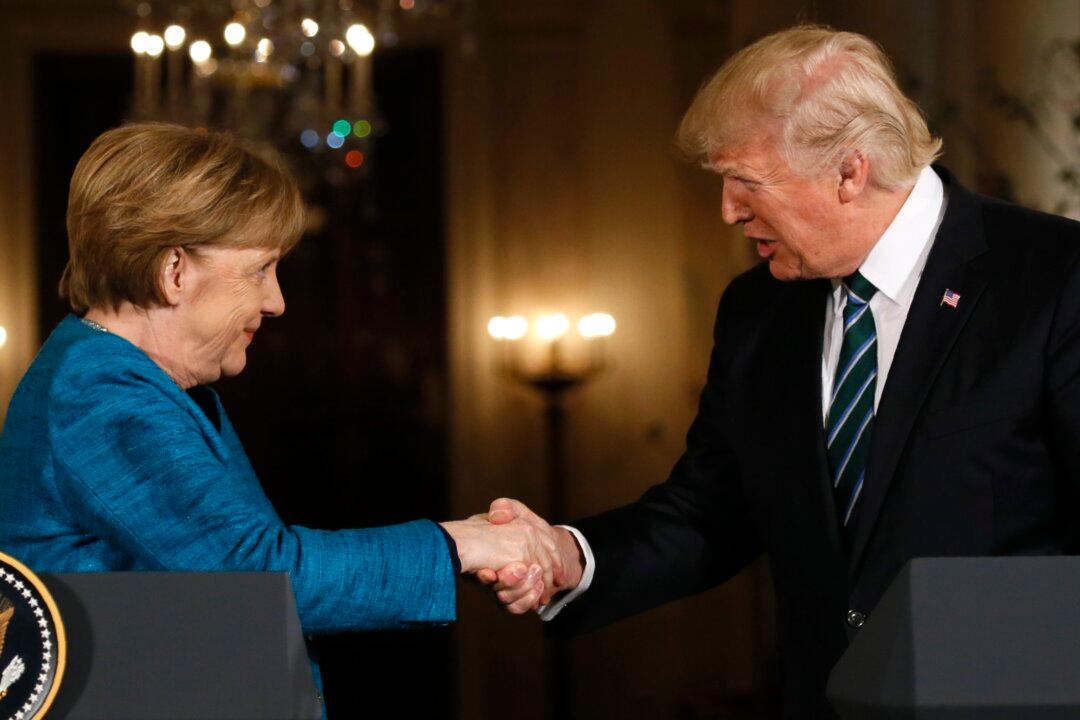After World War I and World War II, Europe was divided and lay in ashes. Central Europe was subjected to Soviet rule behind the Iron Curtain, while Western Europe held out under the protection of the United States. France and the United Kingdom were part of the Allied Powers, which won the wars. However, they lost their role as global players and had to dissolve their Colonial empires.
Then followed a European miracle, strongly based on the close realignment and newly forged friendship between France and Germany. This led to the European integration process (the creation of the European Union) and the European Economic Community. The resulting single market was a huge success, and Europe emerged as a global economic power to be reckoned with.





